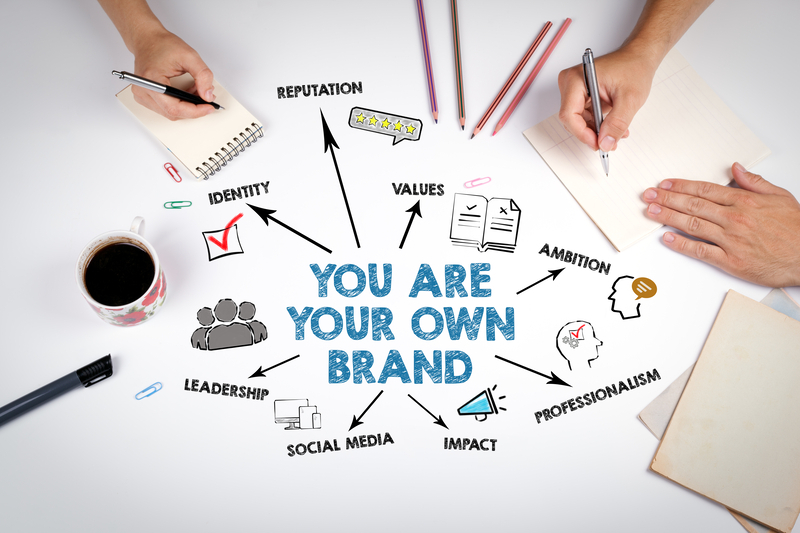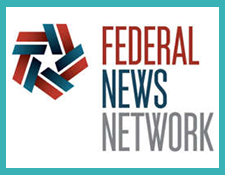
“I’m not sure my resume and LinkedIn profile represent my experience.”
“I want to give a more confident answer when someone asks me what I do.”
“I don’t know what my strengths are.”
I have heard these comments from countless clients over the years. The underlying question here: “Who am I (and can you help me figure that out)?” And it all boils down to establishing a personal brand.
I had no idea how important a personal brand could be until I embarked on my own career change, from HR to coaching. When I found myself stuck at this crossroad, I was forced to identify what I naturally did well and how to market my unique skill set. At the very heart of it, I had figure out who I was—and no one else was going to do that for me.
Your personal brand is an authentic reflection of who you are. And yet, people often struggle to understand and clarify what makes them unique (and amazing!). Here are three ways to jumpstart that discovery.
- Spend 15 minutes answering: “Tell me about yourself.” Perhaps not a crowd-pleaser, but it’s a good one. Take pen to paper or fingers to keyboard, whatever works for you, and set a timer. If you get stumped, keep going. Getting started is often the hardest part. Don’t worry whether your answer is two pages or five sentences. Just see what takes shape – and where you become stuck. Not only is it important to examine what you come up with, but this will be a telling exercise in how well you understand your personal brand.
- Write down five accomplishments. Are they recent? Can you take ownership of them? Do these projects fill you with pride? Remember that personal branding is all about what you uniquely offer, and taking ownership of that message. If you are at a loss, then tracking your accomplishments will be a great career management tactic going forward. If you do come up with five accomplishments but think, “Anyone could do what I did,” then you may not be giving yourself enough credit. Identifying your accomplishments has a ripple effect. You will become much clearer about your strengths, skill sets, and how you tackle goals and solve problems. Then, the next time you’re job searching, you will be able to recall them more easily for an interviewer. These are crucial components of your personal brand development.
- Enlist the help of others. Pick 2-4 people who can help you flesh out your personal brand. They can be co-workers, friends, colleagues in your professional network, or some combination of these. Strive for a mix of those who know you really well and people with whom you interact minimally. Ask each to describe you in five adjectives. If they have more, great! Your job is to listen and take notes.Once you have this data, look for running themes, overlapping words, or something that stands out – good or bad. If you need more information, then ask! For example, if a distant colleague calls you “formal” but a co-worker describes you as “warm” or “approachable” – get more data. Maybe your distaste for networking and love for helping others are both on display, and that’s affecting others’ perceptions of you. Steer these impressions, and correct any misperceptions if needed. It’s your brand, and it’s your job to shape it.
In today’s climate of constant change, career success starts with knowing – and leveraging – your personal brand. Dig into your strengths, determine what energizes you. You might need others to weigh in, and that’s okay. Once honed and sharpened, your personal brand will prove to be one of the most useful tools in your professional toolbox.

